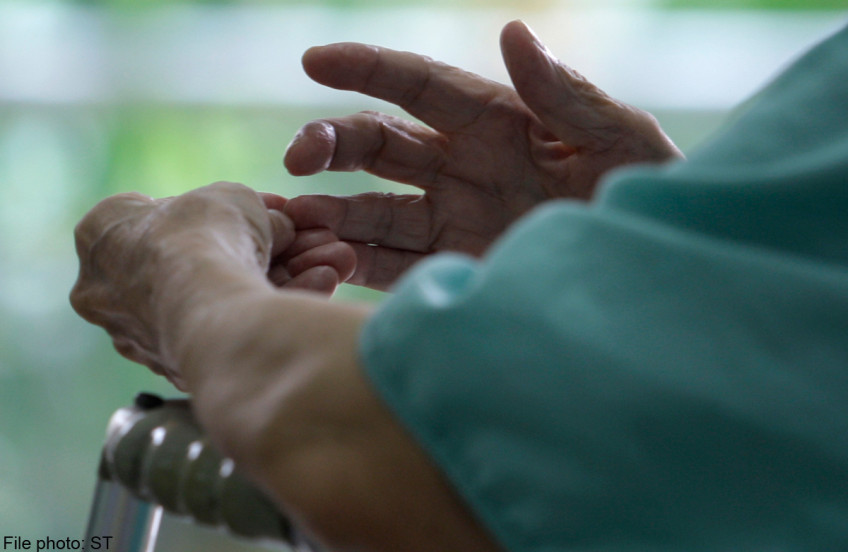Promote palliative care, not euthanasia

Mr Louis Francis Albert appears to have confused euthanasia with the right of patients to refuse life-sustaining treatment, when he related that his cousin, who died of cancer, "wanted her doctor to stop giving her medicine so she could leave this world sooner", but lamented that "this was not possible as euthanasia is not legal in Singapore" ("Euthanasia and the death sentence"; Forum Online, Thursday).
Patient autonomy is a basic principle under the law. Every patient has the right to decide whether to accept or reject the treatment offered by his doctor.
If the patient is conscious, he may express these views to his doctor. If he is unconscious but has signed an Advance Medical Directive (AMD), doctors will not administer extraordinary life-sustaining treatment.
Thus, Mr Albert's cousin could have lawfully refused treatment by exercising any of these options.
The AMD is different from euthanasia and assisted suicide, in which doctors help patients to end their lives.
In assisted suicide, the doctor provides only the lethal prescription and the patient carries out the final act. In euthanasia, the doctor performs the lethal act. Both euthanasia and assisted suicide violate the "do no harm" principle embodied in the Hippocratic Oath. In some versions of the oath, doctors explicitly vow: "I will not give anyone deadly poison, even when asked."
Hence, the World Medical Association has rejected both euthanasia and assisted suicide as unethical practices.
In a resolution affirmed just last year, it strongly encouraged all national medical associations and physicians to "refrain from participating in euthanasia, even if national law allows it or decriminalises it under certain conditions".
Palliative and hospice care is widely available in Singapore, and hospice practitioners are committed to improving the lives of the terminally ill and their loved ones.
To uphold and not violate the dignity of the human person, we ought to do all we can to eliminate the physical and mental suffering of our loved ones, but never at the expense of hastening their death through proactive means.
Letter from Edmund Leong
Euthanasia and the death sentence
I agree with Mr S. Ratnakumar ("Euthanasia can be governed by legislation").
Over the past year, two of my relatives died of cancer and I have seen the pain, both physical and mental, they endured.
I spent time with my cousin, who had three months to live and died in March. She shared a lot of things with me, one of which was that she wanted her doctor to stop giving her medicine so she could leave this world sooner, as the drugs were not helping to ease her pain.
But this was not possible as euthanasia is not legal in Singapore.
This is ironic as we have capital punishment here. So if the law values life, like what Mr Tan Jin Yong says ("Value of life not linked to its quality"; May 7), then the death sentence should not be allowed here.
Even animals are put to sleep when they are suffering, but humans are expected to endure their pain.
Declaration of a desire for euthanasia must be done by the patient and his doctor, so that the decision is not influenced by others for their benefit.
Letter from Louis Francis Alber
Get a copy of The Straits Times or go to straitstimes.com for more stories.